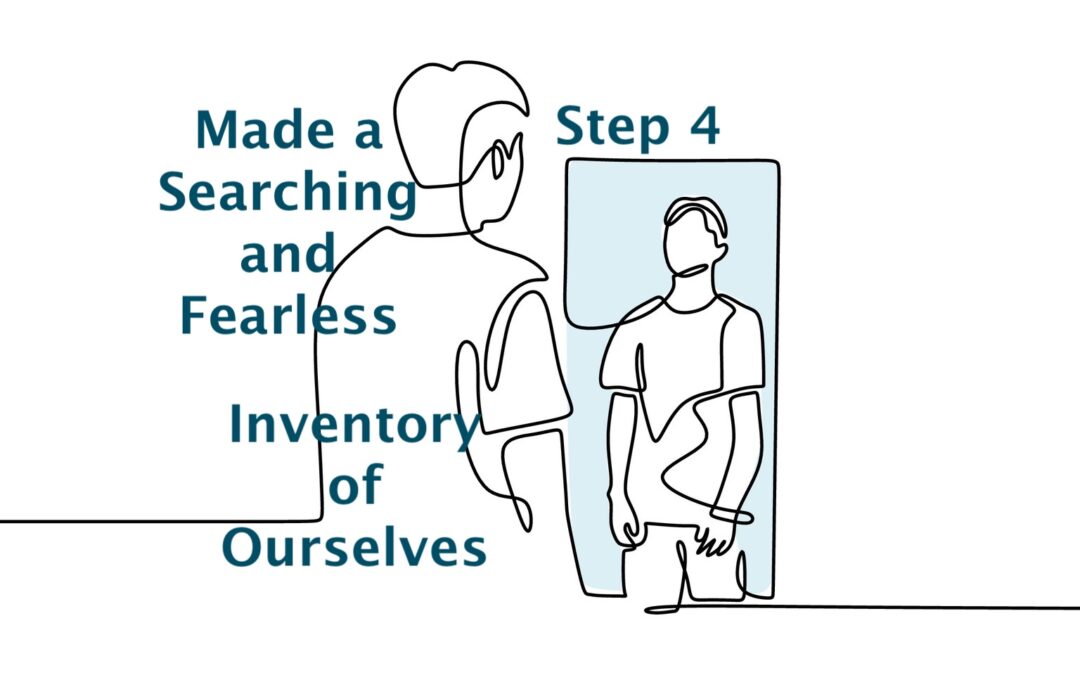The Medical Reality of Alcohol Use Disorder
As a chaplain, I frequently visit patients who struggle with Alcohol Use Disorder (AUD). The medical field now recognizes AUD as a chronic, relapsing brain disease that alters brain structure and function—particularly in areas that control decision-making, impulse control, and reward processing.
Consequently, this means a person addicted to alcohol cannot quit through willpower alone. That’s precisely why the first step in Alcoholics Anonymous begins with this crucial admission: “We were powerless over alcohol.” Furthermore, if someone could quit through sheer willpower, medical professionals would not consider him/her an alcoholic. While alcoholism involves the will and carries moral weight, it extends far beyond mere weakness. Rather, it represents a medical condition that biological, genetic, psychological, and environmental factors shape.
Beyond Biology: The Deeper Dimensions of Addiction
Even though this medical understanding holds true, we cannot reduce alcohol dependence to a biological condition alone. Alcoholism is indeed medical—but it encompasses much more than that. Additionally, recovery requires enough self-awareness to ask hard questions, like the ones Hank Williams Jr. poses in a song about his father:
“Hank, why do you drink? Hank, why do you roll smoke? Why must you live out the songs that you wrote?”
While biology explains part of the struggle, it doesn’t account for everything. Many people drink to numb or escape the pain of grief, broken relationships, shame, guilt, loneliness, isolation, low self-esteem, feelings of worthlessness, depression, failure, or lost hope. However, the pain always returns. Moreover, abusing alcohol multiplies suffering and wounds others in the process.
The Spiritual Component of Recovery
Because of this complexity, alcoholism recovery extends beyond the biological—it becomes profoundly spiritual. Overcoming addiction involves more than simply putting down a drink; instead, it requires paying attention to one’s soul, one’s whole self.
Step Four in the recovery process states: “Made a searching and fearless moral inventory of ourselves.”
Confronting Denial and Fear
This process presents significant challenges. It demands complete honesty about one’s drinking problem and the damage it has inflicted on self and others. Throughout my work with people and families that excessive drinking has impacted, I’ve witnessed how difficult acknowledging alcohol as a problem can be. Sometimes fear roots denial deeply: fear of life without alcohol, fear of managing anxiety without it, fear of losing friends, or fear of facing buried pain. For many individuals, drinking transcends mere habit—it becomes their social network, their coping mechanism, their very identity.
These fears inevitably lead to denial, which keeps people from achieving honesty with themselves or others.
The Selfish Nature of Addiction
Addiction operates inherently in selfish ways. Feeding an addiction blinds a person to the harm it causes people around them. That’s why interventions sometimes become necessary, allowing the alcoholic to finally see the damage from others’ perspectives. Hopefully, by the time someone reaches Step Four, some of this recognition has already begun. Nevertheless, Step Four insists on going back—taking an unflinching look at the moral wreckage left behind.
A Lesson from the Past: Sometimes You Must Back Up to Move Forward
My great-grandfather once owned a Model T Ford that he drove to churches across the county to preach. Some churches met half-time (twice a month), while others met quarter-time (once a quarter). He often pastored several congregations simultaneously.
One of those churches was Peniel Baptist in Dale County, where my roots run deep. Rev. Fletcher Shirah pastored Peniel for 28 years, with the congregation calling him back five different times. The church sat atop a steep hill—creating a challenge for his 1934 Model T.
A man who attended Peniel as a boy once shared with me that Rev. Shirah’s car suffered from a bad clutch. It could only make it halfway up the hill. Therefore, he and his father would walk down to help turn the car around.
“The car had a good reverse,” he explained. “He’d back it the rest of the way up the hill. He backed that car all over this county.”
The Work of Recovery
This story contains a valuable lesson: sometimes you must back up in order to move forward. That’s exactly what happens in Step Four. To move forward, an alcoholic must go back and carefully review their moral conduct.
Step Four proves both painful and time-consuming. It cannot be rushed—when done hastily, it can derail recovery entirely.
While God provides the power, the alcoholic must put in the work. Nothing worthwhile comes easily.
Embracing Responsibility for Healing
No one enjoys examining their failures. However, Step Four doesn’t focus on self-punishment. Instead, it centers on taking responsibility. Healing cannot occur without honesty, and change cannot happen without acknowledgment. Furthermore, making amends—another crucial step in the process—becomes impossible without first admitting the moral missteps of the past.
Ultimately, the journey through Step Four requires courage, honesty, and the willingness to confront uncomfortable truths. Yet this difficult work paves the way for genuine healing and lasting recovery.
If you think you may have a problem with alcohol, call Dr. Michael Helms at (678) 326-4352 or send a message to him at johnmichaelhelms@gmail.com. https://johnmichaelhelms.com

